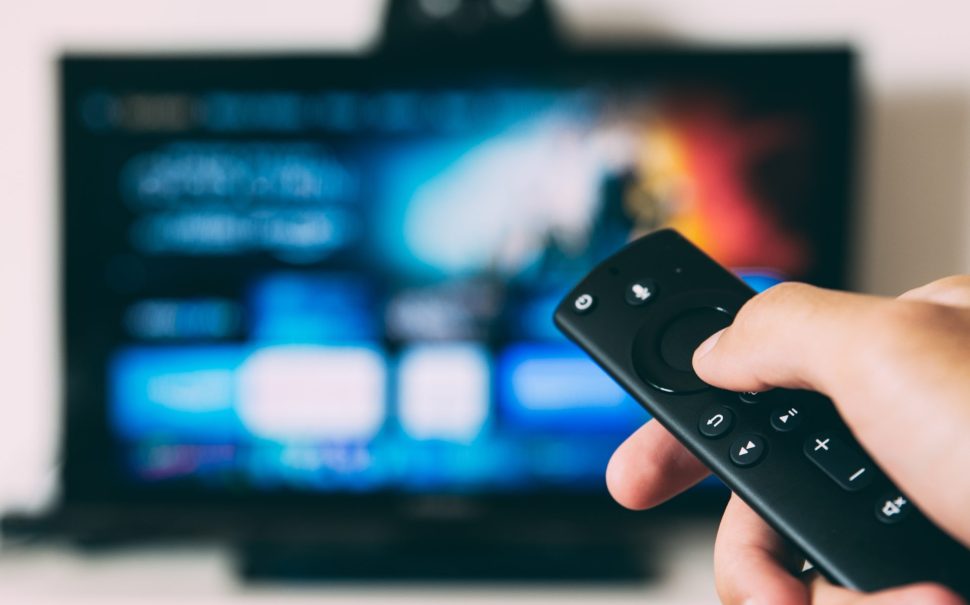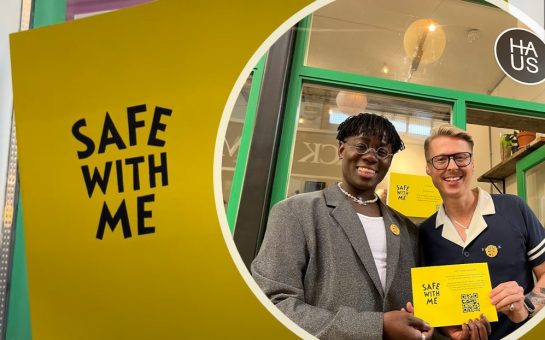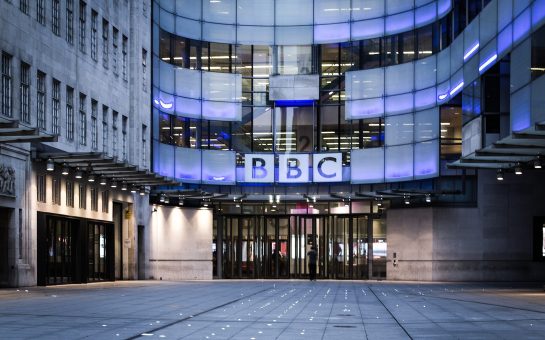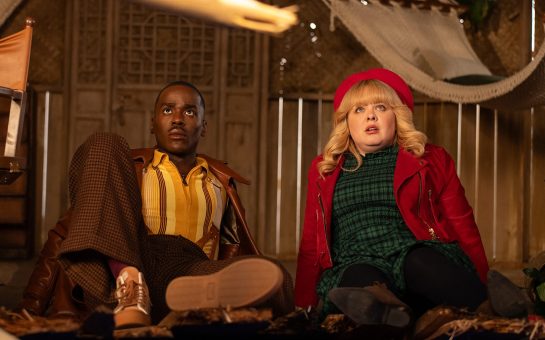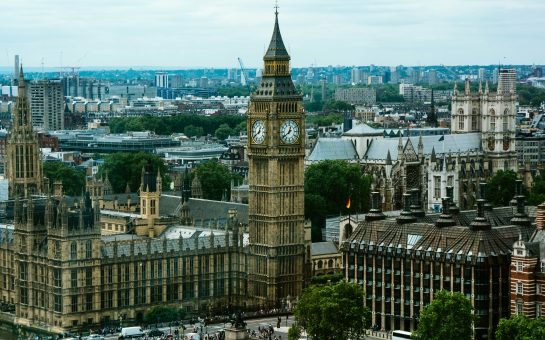Women are still disproportionately prosecuted for non-payment of TV licence fees, a BBC Gender Disparity Report shows.
The 2023 report states around three-quarters of convictions for TV licence evasion are women, an increase of three percentage points from 2017 (72%).
Non-payment of TV licence fees is the most common criminal offence for female defendants.
In 2021, TV licence evasion accounted for 18% of all female prosecutions and 30% in 2017.
Women in Prison (WIP) is a charity which works to support women impacted by systemic inequality, which results in contact with the criminal justice system and/or imprisonment.
WIP states: “The criminalisation of women is often underpinned by social and economic inequalities and experiences of poverty, debt, mental ill health, disability and poor housing.”
The ratio of women-to-men being prosecuted for TV licence evasion has continued to increase year-on-year even after the BBC’s 2017 Gender Disparity Report.
Kate Fraser is WIP’s Head of Prisons and Participation and discussed some of the systemic inequalities disproportionately impacting women.
She said: “Women are being sentenced, disproportionately prosecuted, for non-payment of council tax, non-payment of television licences and children not attending school.
“And that is, of course, because mums may be the ones that hold the tenancy, or may be the sole carer so she is going to be the one who is going to be prosecuted.”
Kate Fraser, talking to the Welsh Affairs Committee on 17 January 2024
Despite Covid-19 restrictions forcing work-from-home conditions for both men and women across 2020-21, the gender disparity licence evasion convictions continues to impact women more.
Alongside the disproportionate impact on women increasing year-on-year, the rate of evasion has also increased significantly.
TV Licence evasion rates have nearly doubled over the past decade, despite yearly prosecutions for unpaid licences plummeting to record lows, figures show.
The TV licence evasion rate for 2022/23 (year ending March) was estimated to be more than 10%, compared to 2012/13 evasion rate of 5.5%.
This is the first time since 1995 that TV licence evasion rates have surpassed 10%, and represents a loss of £430 million in revenue for 2022/23, according to a BBC Trust Statement.
The BBC Trust Statement notes a ‘long term shift in viewing habits’ where audiences move to paid streaming platforms such as Netflix or Amazon Prime as a key factor behind the evasion rate increase.
These platforms do not require purchasing a TV licence.
But this ‘long term shift’ does not entirely explain the 36% change in evasion rate between 2020/21 and 2022/23.
For context, the percentage change between 2018/19 and 2020/21 was 13.3%.
The ongoing cost-of-living crisis could be the catalyst fuelling this recent increase.
Peter Jones is the lead author of the TV Licensing Blog, a website which highlights ‘the unjust persecution of genuine non-TV users at the hands of TV Licensing’.
Jones said: “I am very concerned at TV Licensing’s use of the Single Justice Procedure for the prosecution of alleged TV licence fee evaders in England and Wales.
“TV Licensing always prosecutes a disproportionate number of women, single parents, the elderly and otherwise vulnerable people, as they are more likely to be at home when an officer calls to gather evidence of TV licence evasion.”
This echoes the 2023 BBC Gender Disparity Report’s own findings: “many of the factors that contribute to the disparity are outside the BBC’s control. Some of the issues raised in this review reflect broader concerns about women and the criminal and civil justice system.”
The Single Justice Procedure is one such system where women often are disproportionately convicted for minor offences.
Single Justice Procedure
TV licence evasions are prosecuted under a system called the Single Justice Procedure (SJP).
SJP is a streamlined system that allows magistrates’ courts to deal with non-imprisonable, victimless offences in a ‘quicker, more straightforward and more efficient’ manner.
The process operates via a single magistrate who is supported by a legal adviser, and is only applicable to minor offences where the defendant has pleaded guilty or filed with no plea.
If an individual pleads not guilty then they are still entitled to an open court hearing, although the majority of SJP prosecutions for unpaid TV licences have ‘no plea’ filed.
Those who file guilty pleas are able to submit a letter explaining any personal or mitigating circumstances in relation to their conviction.
Court reporter Tristan Kirk frequently posts anonymised letters sent in by defendants on X.
The post below has received over 2.5 million views.
The BBC, who administer TVLicensing and retain ultimate responsibility for the licence, state that prosecution is only pursued as ‘a last resort.’
The prosecution process is outlined in the TV Licensing Prosecution Code, found here.
Notably, the code states: “A public interest test, which considers factors such as the personal circumstances of the individual – for example, their health – and whether an alternative to prosecution could be offered.”
The letters posted by Kirk on X demonstrate otherwise.
The Single Justice Procedure system, by design, excludes both defendants and prosecutors.
This means that TV Licensing, the prosecuting body, is unable to read these letters and therefore cannot conduct any public interest test.
An Evening Standard investigation in December, led by Kirk, revealed that ‘magistrates were aiming to convict and sentence defendants in just 90 seconds, while legal checks were conducted on just 28% of cases.’
Looking Forward: What Next?
In December, the Government announced the current £159 TV licence fee will increase as of April 2024, ending a two-year freeze.
The upcoming 6.6% rise will further strain low-income and vulnerable households who already struggle to afford the fee.
Over 75s who receive pension credit are currently eligible for their licence fee to be paid for by the BBC.
Those on Universal Credit or other state-supported benefits do not receive any concessions and are expected to pay the full, fixed fee.
Figures for TV licence evasion convictions in 2023/24 are not yet available, although it remains likely that the upward trend will continue.
Feature image sourced via Unsplash (photo by Glenn Carstens-Peter)
